Results
-
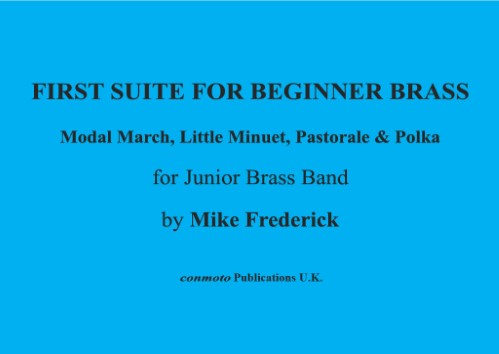 £27.50
£27.50FIRST SUITE FOR JUNIOR BRASS (score & parts) - Frederick, Mike
The score shows brass band scoring & percussion.
In Stock: Estimated dispatch 1-3 working days
-
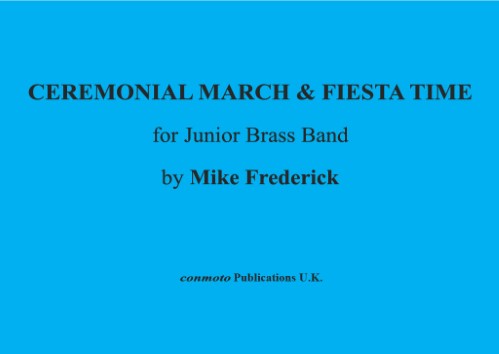 £27.50
£27.50CEREMONIAL MARCH & FIESTA TIME (score & parts) - Frederick, Mike
The score shows brass band scoring & percussion.
In Stock: Estimated dispatch 1-3 working days
-
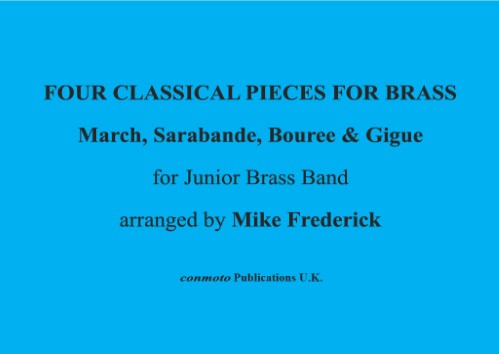 £27.50
£27.50FOUR CLASSICAL PIECES FOR BRASS (score & parts) - Frederick, Mike
The score shows brass band scoring & percussion.
In Stock: Estimated dispatch 1-3 working days
-
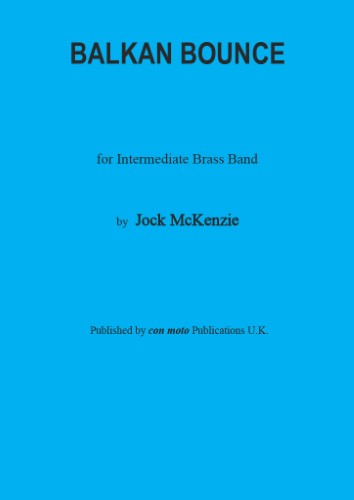 £11.50
£11.50BALKAN BOUNCE for Brass Band (score) - McKenzie, Jock
Grade 5-6 standard but also playable with the 4-part version of Balkan Bounce in World Beats Set 2 (CMT1308). This is also shown at the bottom of the score. Parts for brass band brass and orchestral brass, plus percussion.
In Stock: Estimated dispatch 1-3 working days
-
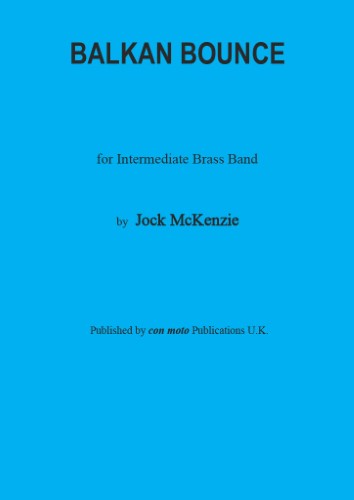 £37.50
£37.50BALKAN BOUNCE for Brass Band (score & parts) - McKenzie, Jock
Grade 5-6 standard but also playable with the 4-part version of Balkan Bounce in World Beats Set 2 (CMT1308). This is also shown at the bottom of the score. Parts for brass band brass and orchestral brass, plus percussion.
In Stock: Estimated dispatch 1-3 working days
-
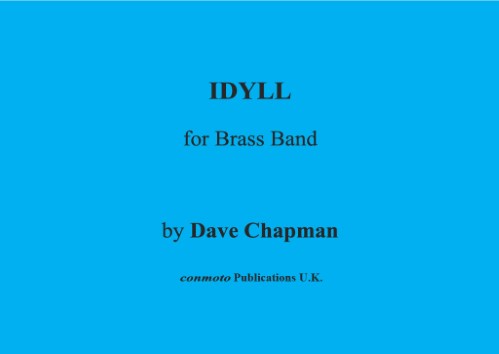 £8.50
£8.50IDYLL (score) - Chapman, Dave
If you require further information on IDYLL (score), please
In Stock: Estimated dispatch 1-3 working days
-
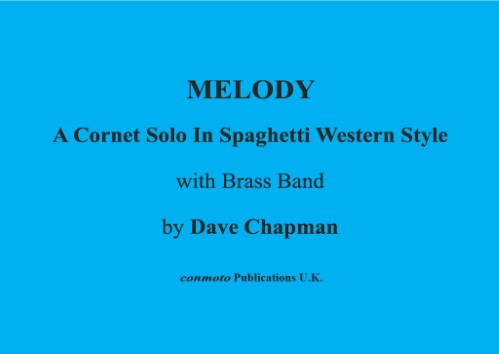 £8.50
£8.50MELODY (score) - Chapman, Dave
If you require further information on MELODY (score), please
In Stock: Estimated dispatch 1-3 working days
-
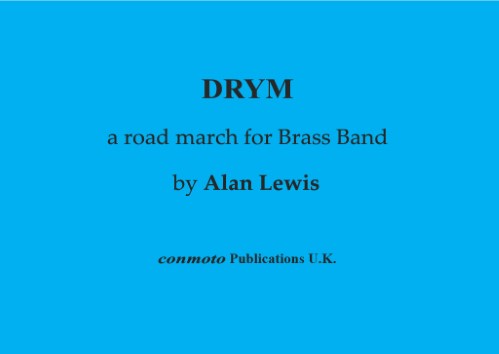 £8.50
£8.50DRYM (score) - Lewis, Alan (1948-2013)
If you require further information on DRYM (score), please
In Stock: Estimated dispatch 1-3 working days
-
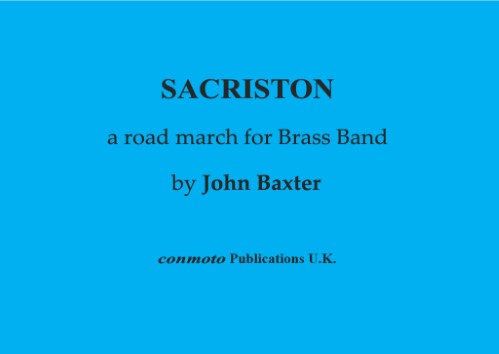 £8.50
£8.50SACRISTON (score) - Baxter, John
If you require further information on SACRISTON (score), please
In Stock: Estimated dispatch 1-3 working days
-
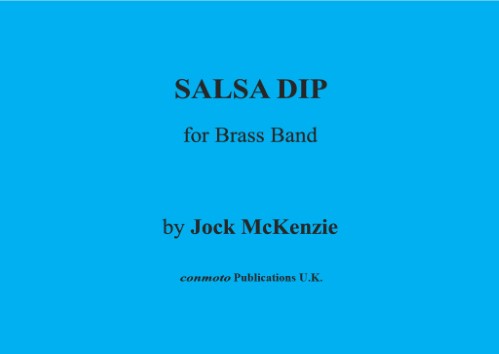 £8.50
£8.50SALSA DIP (score) - McKenzie, Jock
If you require further information on SALSA DIP (score), please
In Stock: Estimated dispatch 1-3 working days
